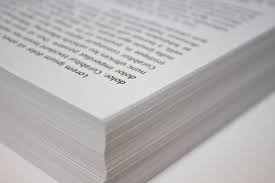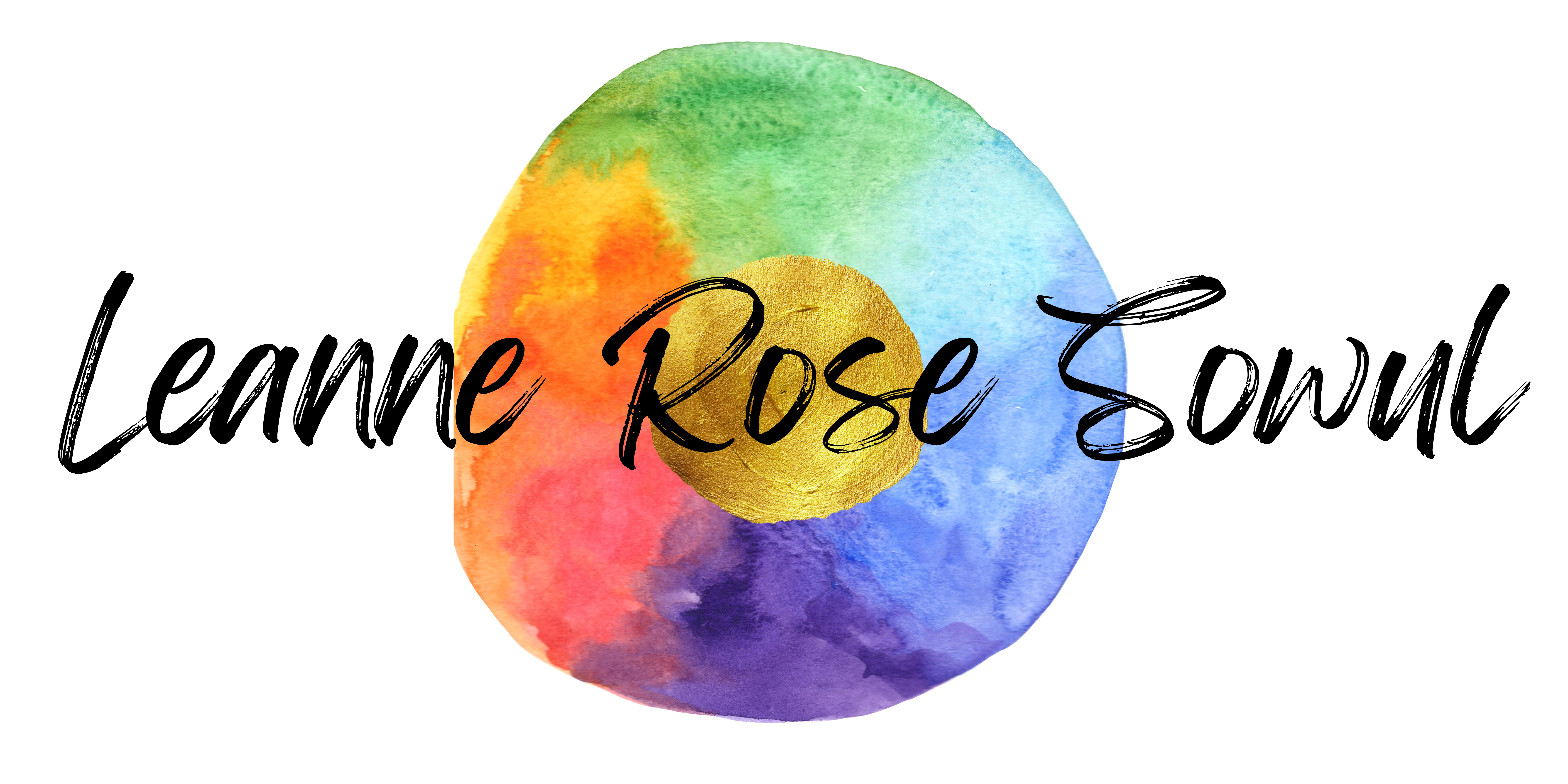Last Wednesday, I reached the end of Blizzard, draft 1. (For more details about the book’s plot and characters, return to this post.) I was powerfully reminded of the way I felt when I reached the end of draft 1 of Waist on the auspicious date of 12/12/12. I was exhilarated then; I thought I had reached a finish line. Part of the blog post I wrote to celebrate that first draft’s ending said, “The hardest part is over. All the paint is on the canvas; now I just have to keep it wet and move it around until it’s picture perfect.”
Ha! The hardest part is over! I can’t believe that was only 3.5 years ago. I’ve learned so much about book writing and publishing since then.
On the number of drafts it takes to truly finish a book:
Then: Maybe 3 or 4?
Now: It took 8-9 drafts to get Waist to the acceptance level for agents and editors. I don’t anticipate that many for Blizzard, simply because I’m more experienced and have planned out the book better, but if it does take 8-9, I’m willing.
On what editing truly means:
Then: Reading through chunks large and small, and fixing things in the original draft. Re-writing isn’t necessary. I already wrote it!
Now: I plan for draft 2 to be a complete re-write. I’ll reference the first draft’s chapters, of course, but I’m writing this one from scratch, because there are so many things I want to change. Future drafts will likely be a combination of editing previous work and re-writing.
On research and character development:
Then: I did all the research before I got started, I don’t need to do more!
Now: For both Waist and Blizzard, even though I did a lot of preparatory research, I also did/will be doing more between most drafts. There’s always more to learn, always more detail to add, and sometimes the characters surprise you by taking you into scenes you didn’t expect (and therefore haven’t researched).
On time management:
Then: I just have to set myself a word count quota every day, and it’ll get done.
Now: Word count isn’t enough. I also have to carve out specific times of day when my mental energy is strong enough for focused work. And I always hit higher word counts when I don’t let myself get distracted by the number. I just keep going until time’s up.
On what it takes to get published:
Then: I just have to query a few agents, and they’ll see how awesome the book is. How do you write a query letter, though?
Now: Finding an agent is a different process for everyone, and the only way to know that you’re getting close is if you’re sending out queries and getting replies back with requests for more (or at least a personalized, complimentary rejection). My first round of queries, before I did the complete re-write in the winter/spring of 2015, was about 40 agents, and I got only 2 requests for the manuscript. My second round was about 20 agents, and I got full requests from more than half of that group. (This included 7 agents who requested my query during #PitMad, a twitter pitch session.) By the time Suzie Townsend called and offered me representation, I already knew I was on the right track with both my manuscript and query letter. But it took two years, and much editing of both the query letter and the manuscript, between sending out my very first queries and getting representation.
On hard work:
I knew finishing a book was going to be hard, but I had no idea how long and challenging it would be. Even though I was naive about a lot of things on 12/12/12, I still had the heart and dedication to take me through the rest of the journey. I’m glad it wasn’t easy to finish drafting or find agent representation for Waist. The hardness of it all forced me to learn so many new things about writing, my own process, and the publishing business. It even pushed me toward going to conferences where I met great friends and started writing for DIY MFA.
“And I know things now, many valuable things, that I hadn’t known before…”
(Sondheim always says it best.)

This is so interesting to me. I know writing is hard work, even blogging and writing articles is somewhat hard, but it seems writing books is a whole new level. Congratulations on all you’ve learned, as well as completing manuscripts and finding representation.
I haven’t been checking out DIA MFA–I need to head on over there!
Kathy, I wouldn’t say it’s a new level, but any variation on the activity you’ve been doing requires some new skills. The first time is always the hardest, because there’s the most to learn. Though I’m sure I’ll learn a lot this time around too!
First of all: Congrats again on finishing Blizzard’s first draft!! 😀
I think most writers are naive about novel-writing when they first dive in. I know I was, so your “Then” reactions reminded me of mine during my previous novel (which has since been trunked). And like you, I’ve been so much about writing and the publishing industry since then.
Thanks Sara! I would love to hear more about that infamous first novel someday!